These are some of the books I found most memorable this year.
Outsider II: Always Almost, Never Quite (reviewed Jan. 9) by Brian Sewell [Quartet Books]. This is the concluding volume of the autobiography of the gay London-based art critic as well-known for his trenchantly traditionalist views on art as for his ability to name names and scandalize generally. A magnificent read, and my Number One choice for 2014.
The Establishment: And how they get away with it (reviewed Oct. 16) by Owen Jones [Allen Lane]. Here a young UK journalist with strong left-wing sympathies analyzes how the rich, despite living in a democracy, continue to influence government for their own ends. Jones’s central point is that the right wing persuades the populace to put the blame on immigrants and the unemployed, instead of on the real culprits — bankers, high-end tax dodgers, and the wealthy in general. With his northern accent and youthful face, Jones is becoming well-known on TV in the UK, and he’s the just sort of polemicist the Labor Party, soon to face a crucial election, needs. This is his credo
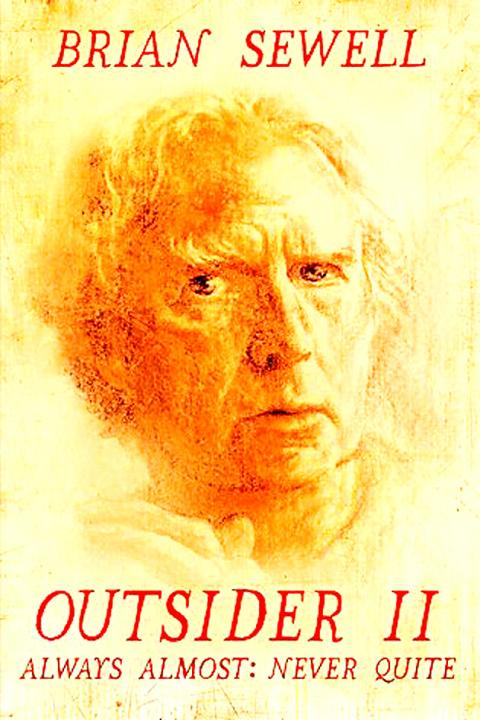
The Falling Sky: Words of a Yanomami Shaman (reviewed Aug. 21) by Davi Kopenawa and Bruce Albert [Belknap, Harvard University Press]. Not an easy read, but the descriptions of encountering dancing spirits and opposing foreigners intent on a land-grab makes it worth the effort. Claude Levi-Strauss helped Albert, a French anthropologist, in the book’s early stages.
Unsavory Elements: Stories of Foreigners on the Loose in China (reviewed April 3), edited by Tom Carter [Earnshaw Books]. Here are 28 highly enjoyable tales of extraordinary variety — traveling by train from Urumqi to Hong Kong without a ticket, exploring the ancient Tea Horse Road from Lhasa to Yunnan, deciding whether to pen stories for students that will be presented as their own work in university applications, and visiting some not very prepossessing prostitutes along with even less prepossessing foreign colleagues. Unremittingly entertaining.
Nazi Goreng (reviewed March 6) by Marco Ferrarese [Monsoon Books]. This is an eminently readable and intelligent novel set in Penang, written by an Italian-born author resident in Asia. Ferrarese is also a punk-rock guitarist, and he met many of the “Malay supremacist” youths he describes at his gigs. They mouth anti-immigrant sentiments without having any knowledge of the people they so casually vilify, but they’re central to the plot which, though extensively concerned with drug dealing, also includes police corruption. I found the whole book astute and very insightful.
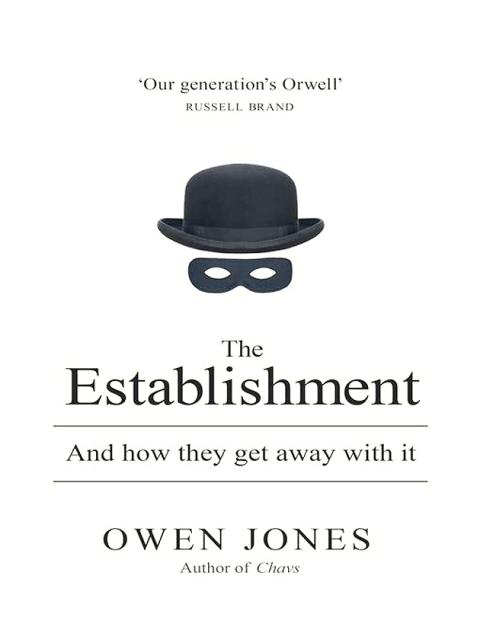
An Officer and a Spy (reviewed Dec. 11) by Robert Harris [Arrow Books]. This powerful novel is about the Dreyfus Case in 19th century France in which a Jewish army officer was wrongly convicted of passing state secrets to Germany. The campaign for his release quickly divided the country, and Harris presents a detailed picture of the characters within the state apparatus who worked against Dreyfus’s re-trial. This is a novel that looks like a blockbuster but is actually the work of an intelligent and gifted writer. I’m currently eagerly seeking out his other books.
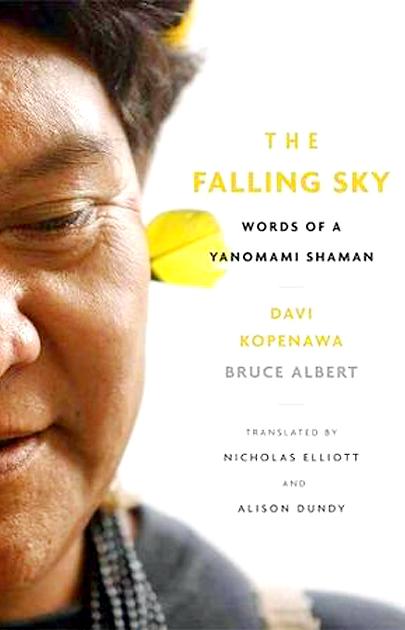
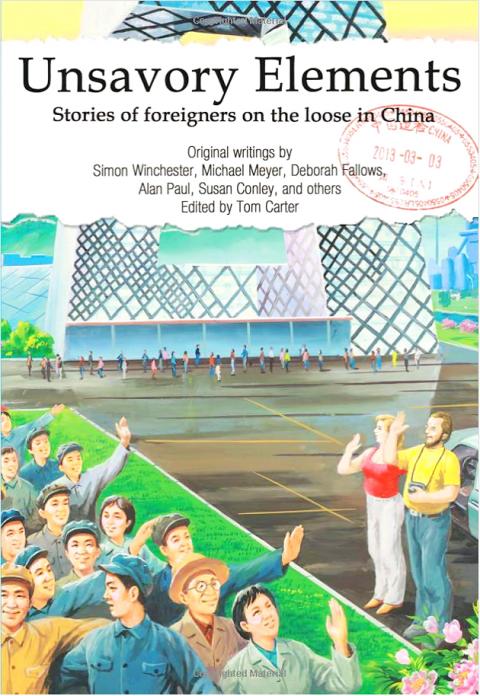
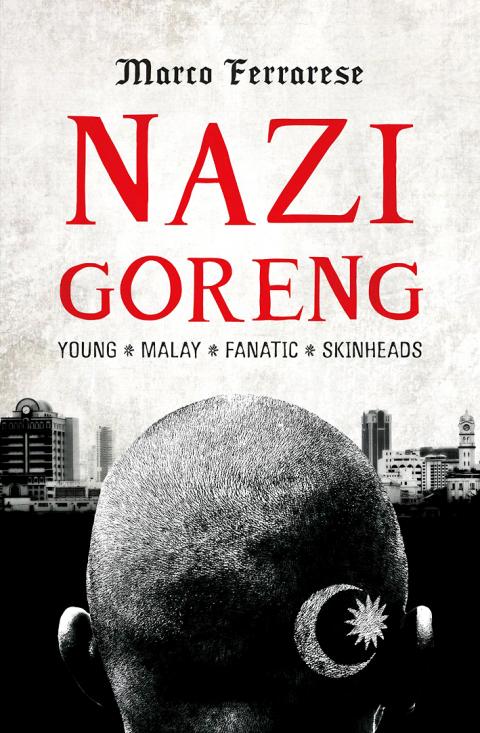
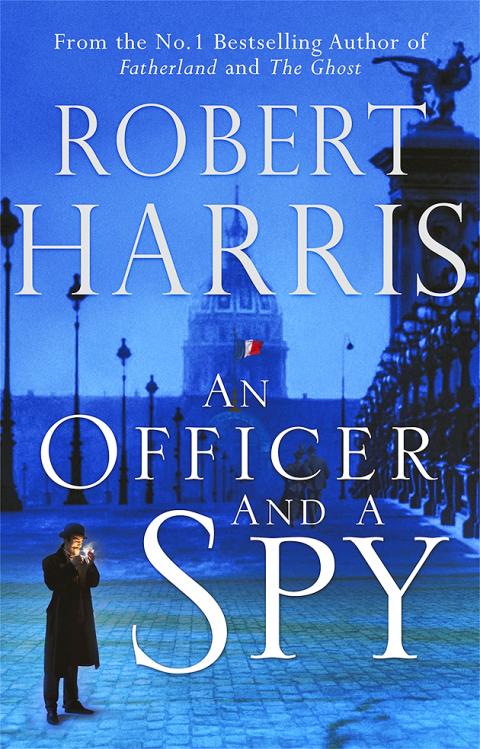

On April 26, The Lancet published a letter from two doctors at Taichung-based China Medical University Hospital (CMUH) warning that “Taiwan’s Health Care System is on the Brink of Collapse.” The authors said that “Years of policy inaction and mismanagement of resources have led to the National Health Insurance system operating under unsustainable conditions.” The pushback was immediate. Errors in the paper were quickly identified and publicized, to discredit the authors (the hospital apologized). CNA reported that CMUH said the letter described Taiwan in 2021 as having 62 nurses per 10,000 people, when the correct number was 78 nurses per 10,000

As we live longer, our risk of cognitive impairment is increasing. How can we delay the onset of symptoms? Do we have to give up every indulgence or can small changes make a difference? We asked neurologists for tips on how to keep our brains healthy for life. TAKE CARE OF YOUR HEALTH “All of the sensible things that apply to bodily health apply to brain health,” says Suzanne O’Sullivan, a consultant in neurology at the National Hospital for Neurology and Neurosurgery in London, and the author of The Age of Diagnosis. “When you’re 20, you can get away with absolute

May 5 to May 11 What started out as friction between Taiwanese students at Taichung First High School and a Japanese head cook escalated dramatically over the first two weeks of May 1927. It began on April 30 when the cook’s wife knew that lotus starch used in that night’s dinner had rat feces in it, but failed to inform staff until the meal was already prepared. The students believed that her silence was intentional, and filed a complaint. The school’s Japanese administrators sided with the cook’s family, dismissing the students as troublemakers and clamping down on their freedoms — with

As Donald Trump’s executive order in March led to the shuttering of Voice of America (VOA) — the global broadcaster whose roots date back to the fight against Nazi propaganda — he quickly attracted support from figures not used to aligning themselves with any US administration. Trump had ordered the US Agency for Global Media, the federal agency that funds VOA and other groups promoting independent journalism overseas, to be “eliminated to the maximum extent consistent with applicable law.” The decision suddenly halted programming in 49 languages to more than 425 million people. In Moscow, Margarita Simonyan, the hardline editor-in-chief of the